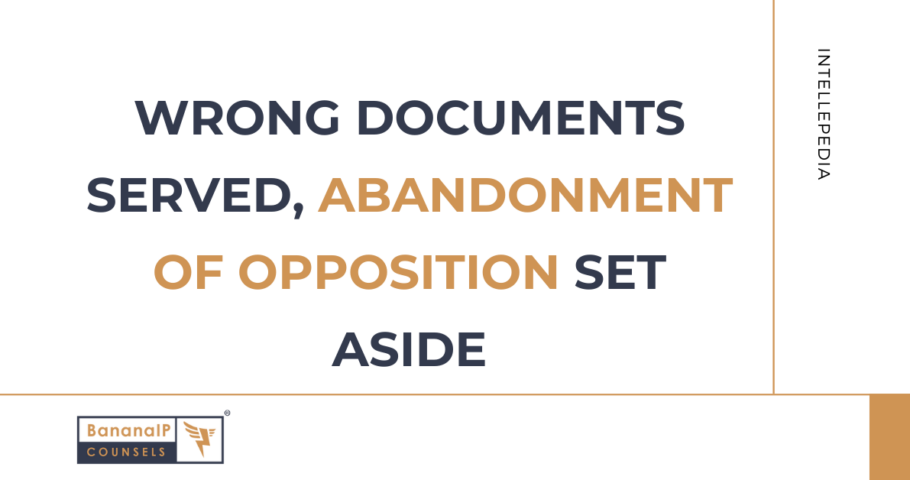This post was first published on December 24, 2014.
Laws alone cannot eliminate copyright infringements. For the Copyright Law to take its course, there have to be effective detection of infringements and identification of infringers. Furthermore, as with any property rights, owners of copyrighted content have to take certain measures to protect their copyrights before expecting law enforcement to aid them. DRMs and ETMs are such measures a copyright owner is expected to take in order to protect his copyrights in the digital world. The term Digital Rights Management (DRM) broadly refers to a set of policies, techniques and tools that guide proper use of digital content. Simply put, a DRM system manages the appropriate use of content.
The major functionalities of this system are numerous. They include facilitating packaging of raw content into an appropriate form for easy distribution and tracking, protecting content for tamper-proof transmission, protecting content from unauthorized use and enabling specifications of suitable rights, which define the modes of content consumption. DRM systems also facilitate the delivery of content offline on CDs and DVDs; deliver content on-demand over peer-to-peer networks, enterprise networks, or the Internet; and provide ways of determining the authenticity of content and of rendering devices. Some of the popular controlled access techniques in use are encryption, electronic signature, digital watermarking etc.
Article 11 of the 1996 WIPO Copyright Treaty (WCT) requires member nations to the treaty to enact laws against DRM circumvention, and has been implemented in most member states of the World Intellectual Property Organization. The American implementation is the Digital Millennium Copyright Act (DMCA), while in Europe the treaty has been implemented by the 2001 European directive on copyright, which requires member states of the European Union to implement legal protections for technological prevention measures. In 2006, the lower house of the French Parliament adopted such legislation as part of the controversial DADVSI law, but added that protected DRM techniques should be made interoperable, a move which caused widespread controversy in the United States. The Tribunal de Grande Instance Paris concluded in 2006 that the complete blocking of any possibilities of making private copies was an impermissible behaviour under French Copyright Law.
In India, Sections 65A and 65B were introduced by the Copyright Amendment Act, 2012 to address circumvention of DRM and ETMs. Section 65A provides that if any person circumvents any effective technological measure applied for the purpose of protecting any of the rights conferred by the Act with the intention of infringing such rights shall be punishable with imprisonment which may extend to two years and shall also be liable to fine. Section 65B provides that any person who knowingly removes or alters any rights management information without authority or distributes, imports for distribution, broadcasts, or communicates to the public without authority copies of any work or performance knowing that electronic rights management information has been removed or altered without authority shall be punishable with imprisonment which may extend to two years and shall also be liable to pay fine. Civil remedies are also available for the same. These provisions are of immense value to electronic publishing industry, music industry, and gaming industry where authors are using DRM systems to protect from infringement.
Source: S R Subramanya and Byung K Yi, Digital Rights Management, 0278-6648/06/$20.00 © 2006 IEEE



